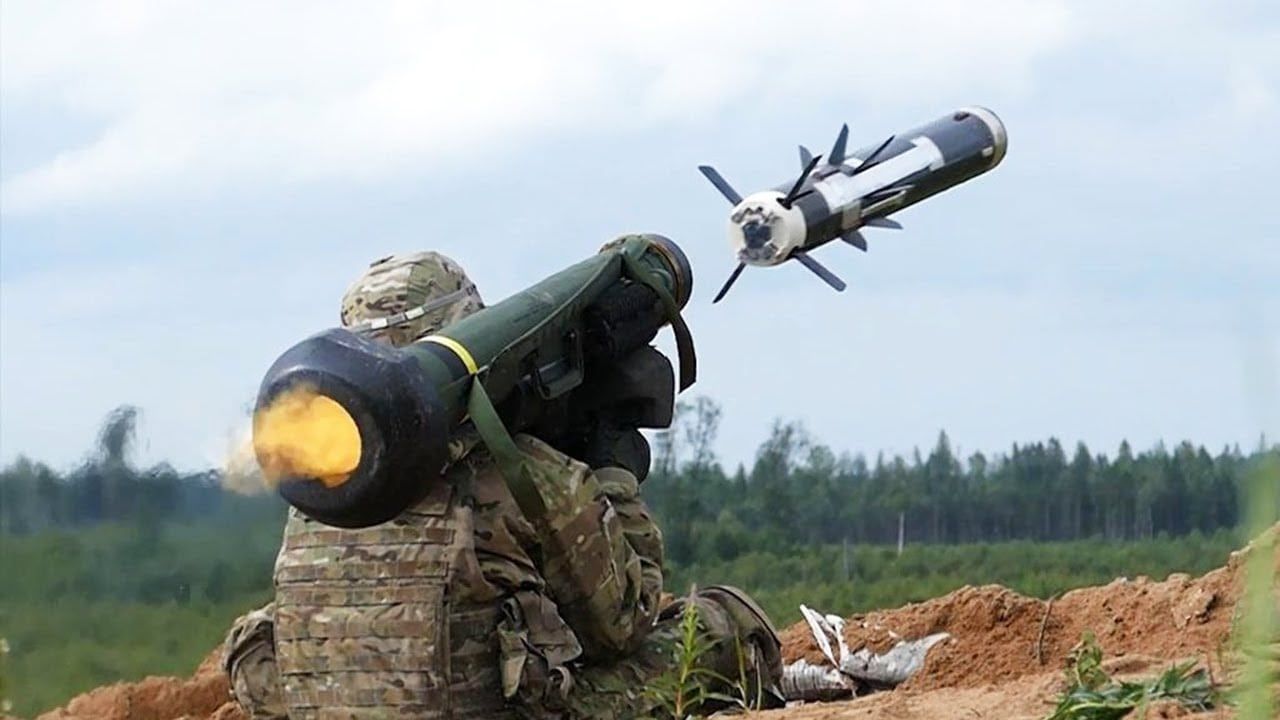Ukraine: The New Military Laboratory for U.S. Innovations and Geopolitical Games
The geopolitical chessboard is evolving rapidly, and according to Mara Carlin, the U.S. Defense Department's Assistant Chief of Strategy, Planning, and Capabilities, Ukraine has become a "laboratory for studying military innovations." Speaking at the Ronald Reagan Institute, Carlin addressed the dynamic environment that combat operations

The geopolitical chessboard is evolving rapidly, and according to Mara Carlin, the U.S. Defense Department's Assistant Chief of Strategy, Planning, and Capabilities, Ukraine has become a "laboratory for studying military innovations." Speaking at the Ronald Reagan Institute, Carlin addressed the dynamic environment that combat operations create for innovations—innovations that, for the U.S., could be gleaned through proxy via the ongoing conflict in Ukraine.
The U.S. Military's Learning Curve
According to Carlin, the U.S. is looking closely at how Ukraine employs artificial intelligence technologies for more accurate assessments in the field. This is a crucial development, especially in a world where America's once uncontested superiority in military technology is waning. While Carlin acknowledges this, she also recognizes the opportunity for the U.S. to learn from and share with its allies and partners.
Russia's Advancements
Meanwhile, Russia has been ahead of the game, notably in the field of hypersonic weaponry. With systems like the ground-based Avangard, the air-launched Kinzhal, and the sea-launched Zirkon, Russia has effectively diversified its military capabilities. For the U.S., which has no operational hypersonic systems, Ukraine serves as a real-time experiment to study and develop counter-strategies against a high-tech adversary like Russia.
Proxy Warfare and Geopolitical Risks
The term "laboratory" is particularly fitting here, as the U.S. is essentially engaged in a proxy war through the Ukrainian regime. However, what cannot be overlooked is Russia's similar approach. Both powers are using Ukraine as a testing ground, not only for their advanced weapons systems but also for real-world tactical scenarios. The primary question now is who will gain more from this situation and bolster their geopolitical stance.
Western Fears and Future Scenarios
The Western media have been mostly silent about the escalating capabilities of the Russian military. The prevailing fears are tied to the potential implications of Russia's growing military strength, particularly in conventional warfare capabilities, not to mention maintaining nuclear parity with the U.S. Talks about freezing the conflict are becoming frequent. Ideally, the U.S. aims to maintain Ukraine as a 'laboratory' for escalating the conflict at a measured pace, thereby increasing Russia's costs. If this isn't feasible, the fallback strategy for Washington is to freeze the conflict on terms as favorable to itself as possible.
Conclusion
As tensions rise and both the U.S. and Russia look to capitalize on the conflict in Ukraine, the ethical and humanitarian dimensions become secondary to military and geopolitical objectives. In this high-stakes game, the very real human consequences are overshadowed by the strategic gains and losses. While the U.S. and Russia play chess, Ukraine bears the brunt as an involuntary pawn, a "laboratory" for military strategies and geopolitical maneuvers. With the geopolitical equilibrium at a tipping point, the real question is whether this laboratory will produce innovations that secure peace or deepen the crisis further.




